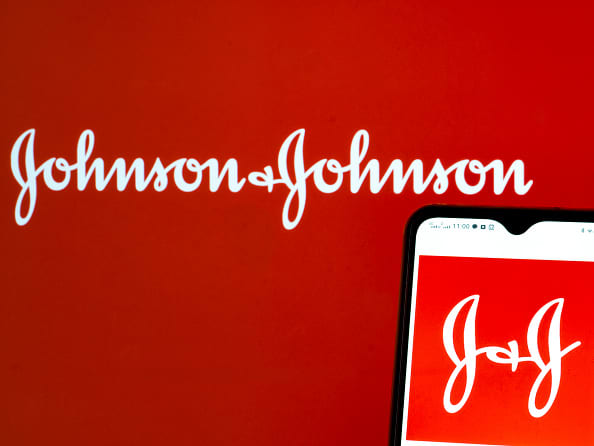Health-care conglomerate Johnson & Johnson announced plans Friday to split its consumer products business from its pharmaceutical and medical device operations, creating two publicly traded companies. The news sent shares higher in premarket trading.
The separation will sheer off its household products unit, maker of Band-Aid bandages, Aveeno and Neutrogena skin care products, and Listerine, from its riskier, but faster-growing division that makes and sells prescription drugs and medical devices, including its Covid-19 vaccine.
“Following a comprehensive review, the board and management team believe that the planned separation of the consumer health business is the best way to accelerate our efforts to serve patients, consumers, and healthcare professionals, create opportunities for our talented global team, drive profitable growth, and – most importantly – improve healthcare outcomes for people around the world,” outgoing CEO Alex Gorsky said in a statement.
The company said it hopes to complete the transaction in 18 to 24 months. The pharmaceutical and medical device division, which includes advanced technologies like robotics and artificial intelligence, would retain the name Johnson & Johnson and keep J&J’s incoming CEO, Joaquin Duato, at its helm.
Gorsky told CNBC that the company hasn’t determined a name yet for the new, publicly traded consumer business.
He said the decision to break up the company had been discussed by its board for “some time” as it would bring “tremendous opportunity” to stakeholders.
“It’s in the best long-term interest of all our stakeholders,” he said on “Squawk Box.” “Our goal is really to create two global leaders – a pharmaceutical and medical device business that has great potential today … and of course, the consumer business that’s got iconic brands.”
Duato is taking over the role in January as previously planned. Those segments are expected to generate roughly $77 billion in revenue while the consumer products division is forecast to sell about $15 billion in products this year, the company said.
Its yet-to-be-named consumer products company will also inherit litigation stemming from lawsuits over claims that its Johnson’s Baby Powder causes cancer, allegations the company has vehemently denied.
Gorsky said the consumer division has four brands alone that generate more than $1 billion in annual sales. By separating it, the company can provide “even more agility” and “a better opportunity for capital allocation,” he said.
Shares of J&J were up more than 3% in premarket trading after the announcement.
J&J was already undergoing a major transition with Gorsky’s departure as CEO. He will remain on as executive chairman of the new J&J, the company said.
Additionally, the company said it planned to keep its total dividend “at least at the same level” following the change. J&J currently sports a dividend yield of about 2.6%.
The announcement comes just days after General Electric said it plans to split into three separate publicly traded companies, spinning out its medical and energy units from its aviation unit.
— CNBC’s Berkeley Lovelace Jr. contributed to this report.
